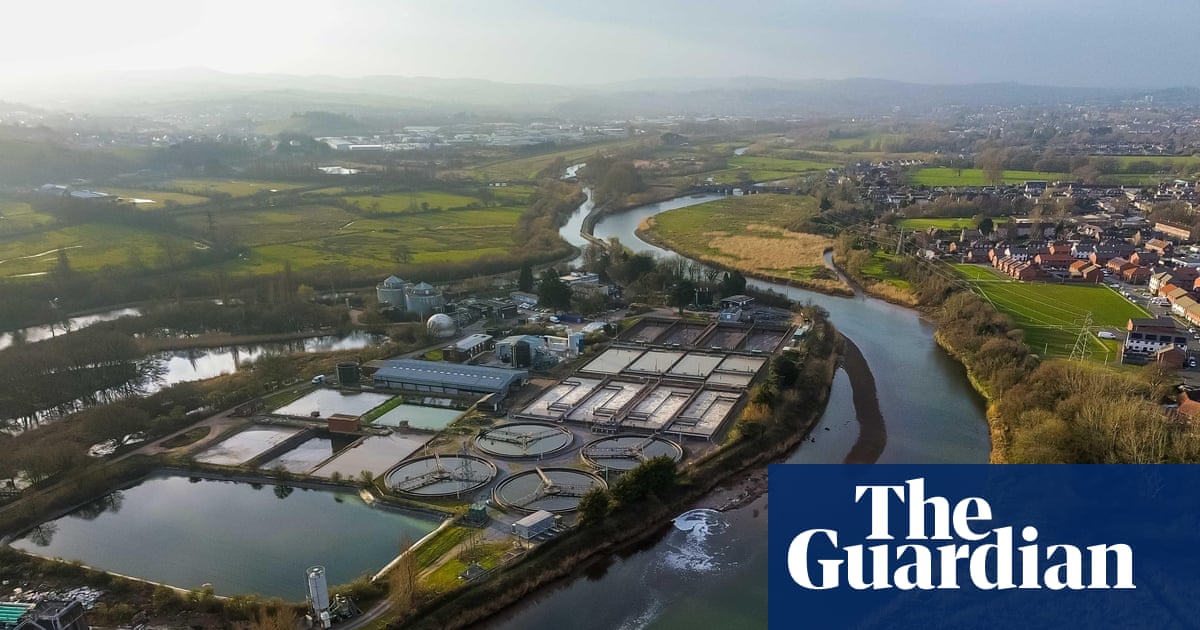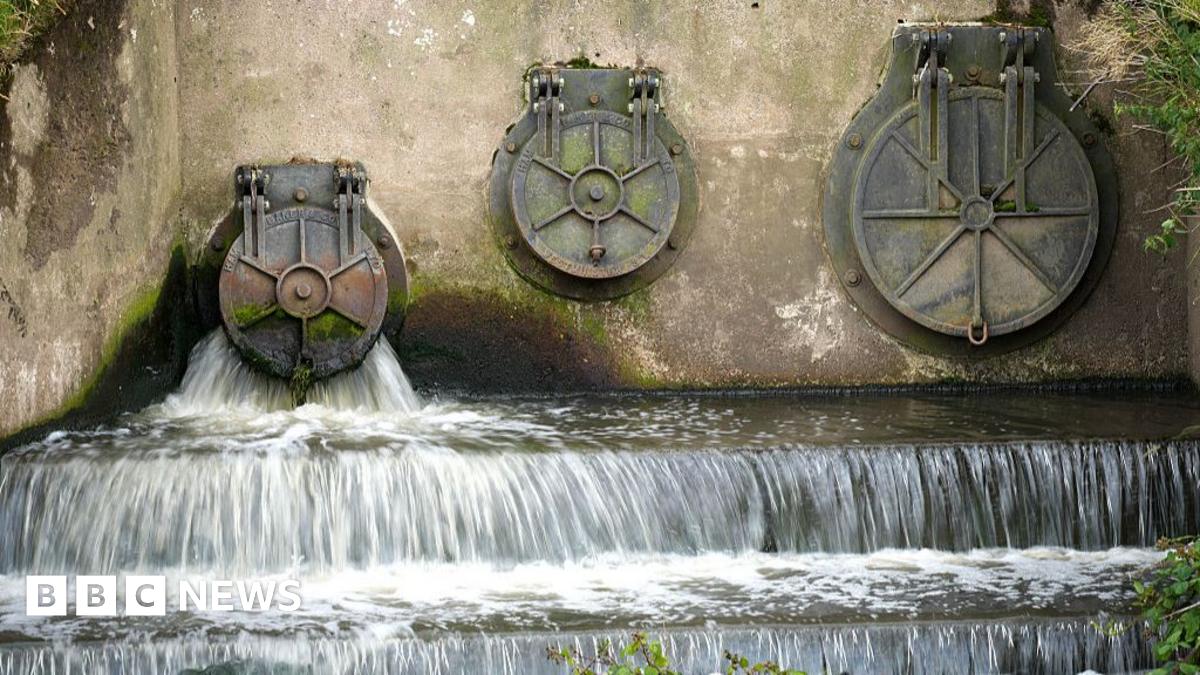T4K3.news
New water ombudsman to be established in England and Wales
Environment secretary Steve Reed announces plans for major reforms including the abolition of Ofwat.

The government plans sweeping changes to the water sector with a new ombudsman and the abolition of Ofwat.
New water ombudsman announced in major reforms for England and Wales
The environment secretary, Steve Reed, will announce the creation of a new water ombudsman on Monday as part of significant reforms in England and Wales' water sector. This move comes from a review aimed at dismantling the existing regulatory body, Ofwat, which critics argue has failed to address issues like underinvestment and financial mismanagement. The ombudsman will replace the Consumer Council for Water, gaining strengthened powers to assist consumers with complaints about water companies, particularly regarding sewage issues and supply disruptions. Amid these changes, Reed pledged to cut sewage pollution by 50% by 2030, although some campaigners believe these targets are insufficient. The plans will likely lead to further increases in water bills, raising concerns among consumers about affordability.
Key Takeaways
"Ofwat is failing, and I am changing the whole system."
Steve Reed critiques the current water regulator while unveiling plans for a new ombudsman.
"How on earth can anybody conjure up a sewage reduction plan that is worse than the one conjured up by the previous government?"
Feargal Sharkey questions the adequacy of the government's new sewage targets compared to Ofwat's targets.
The government's plans to create a new water ombudsman mark a critical shift in how the UK regulates its water sector. While the intention is to enhance consumer protection and address longstanding issues with sewage and water supply, the proposed reforms will be closely scrutinized. The projected increase in water bills could provoke public backlash, especially if consumers feel they are shouldering the financial burden of reforms. Critics like Feargal Sharkey express doubts over the adequacy of the new targets and warn that simply replacing Ofwat without addressing deeper systemic problems may not yield the desired improvements. The effectiveness of these reforms remains to be seen, as the existing culture of underinvestment fosters skepticism about meaningful change.
Highlights
- This reform may not fix the problems consumers face.
- Are new targets really better than those set by Ofwat?
- The ombudsman's powers could change how water companies are held accountable.
- How can new goals be worse than the previous ones?
Concerns over political impacts and public reaction
As the government plans major changes to the water sector, rising water bills and unsatisfactory targets may lead to public discontent and political backlash.
The effectiveness of the new ombudsman will be a key factor in restoring public trust in the water sector.
Enjoyed this? Let your friends know!
Related News

New water regulation announced for England and Wales

UK abolishes Ofwat to reform water regulation

Major report on England and Wales water industry set for release

Ofwat to be abolished as water sector faces criticism

UK ministers pledge to combat rising water pollution

Environment secretary expresses anger about water bill increases

Company insolvencies drop in England and Wales

New stunning coastal properties on the market
